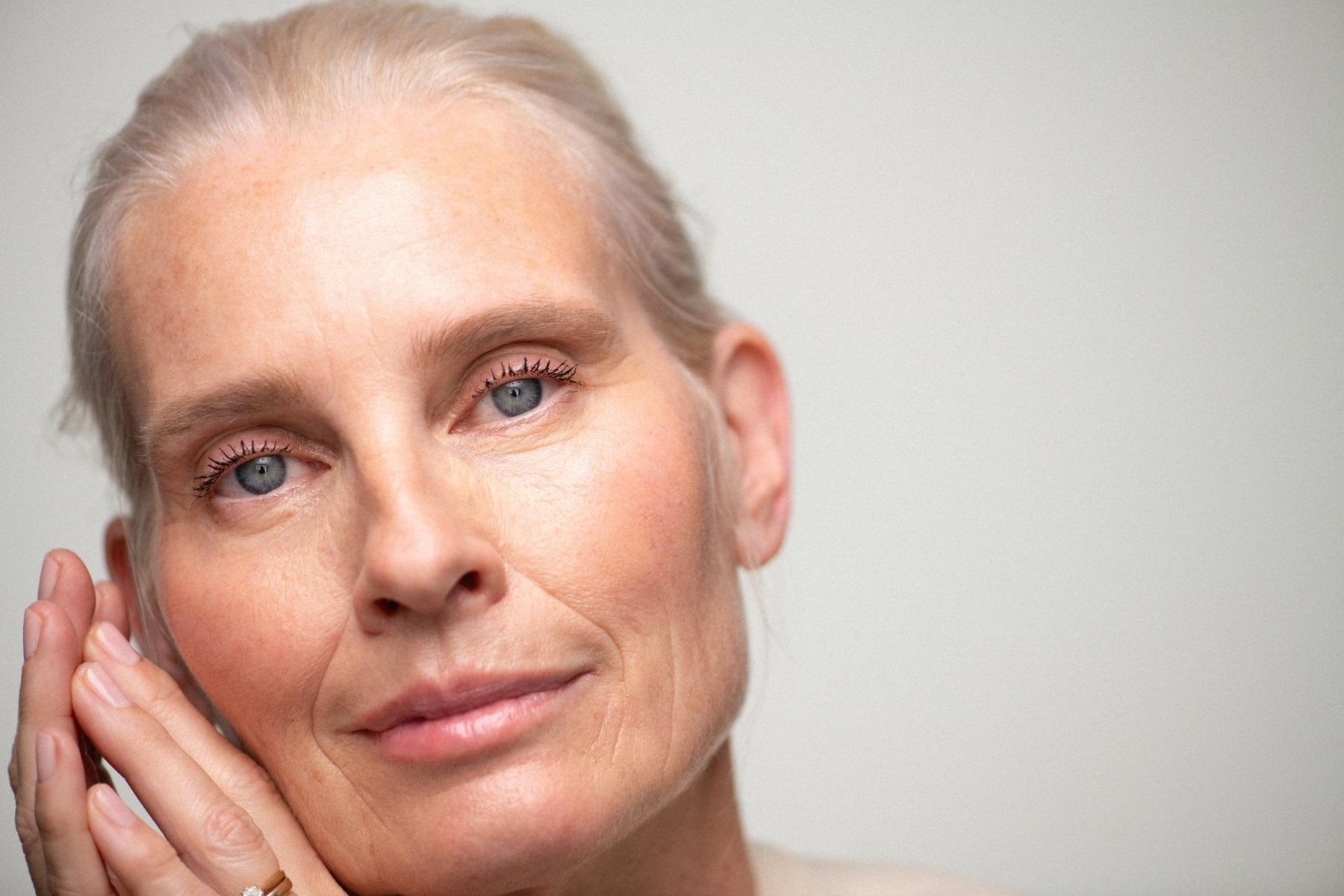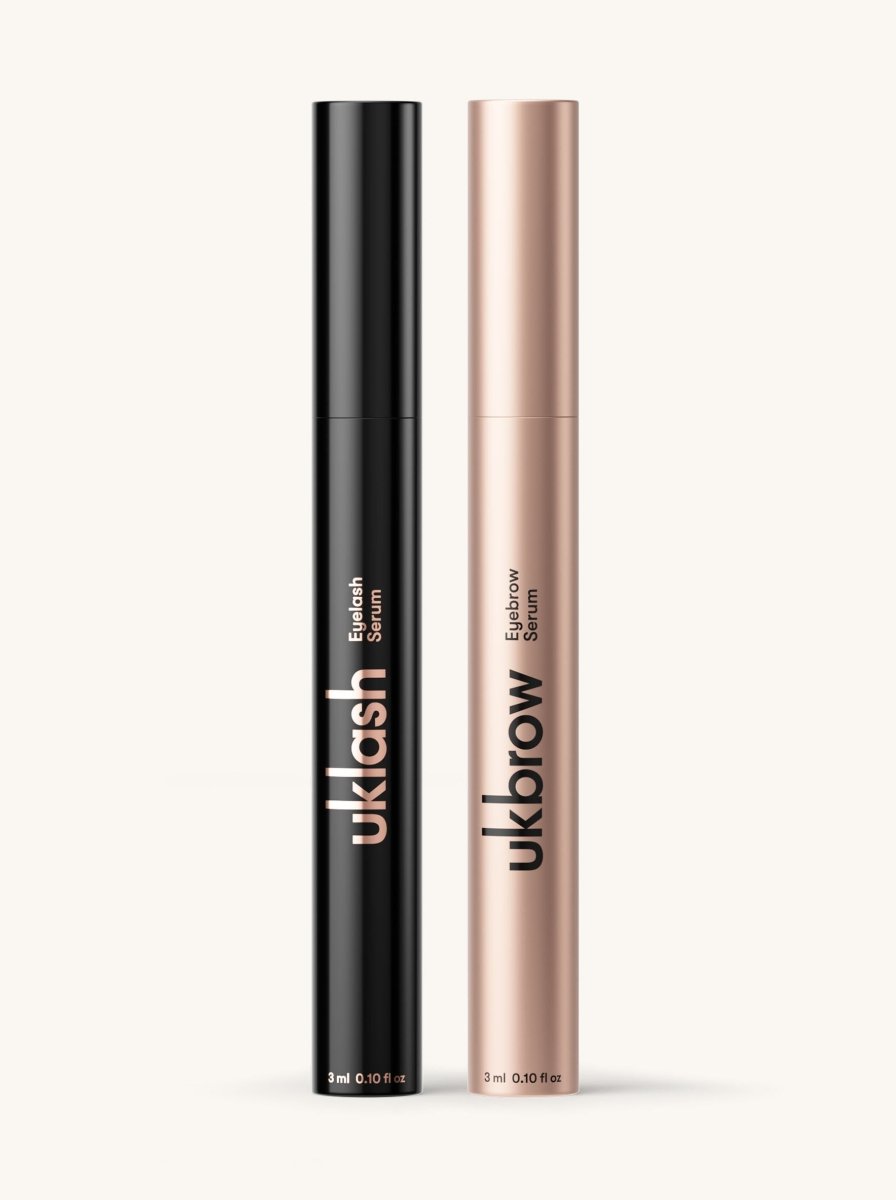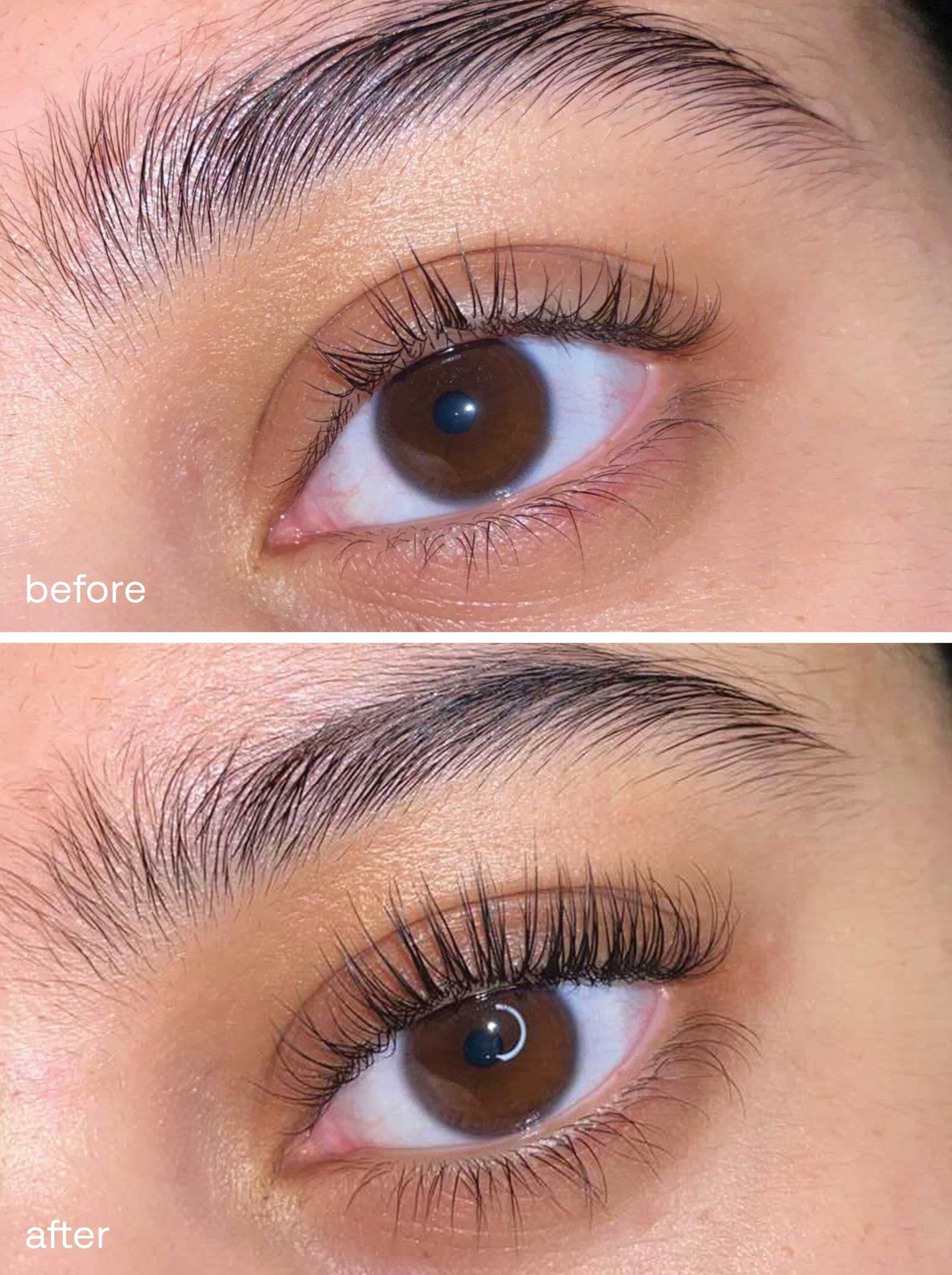
How To Help Your Hair During Menopause
Another reason why hair changes is related to the fact that the levels of oestrogen; a hormone that plays a pivotal role in female functionality and health, start to reduce at this time. This can affect the oils that are produced to make hair smooth and silky and our hair growth cycle by shortening the Anagen Phase, which is also known as the growth phase, and lengthening the end of the Telogen phase, when hair detaches from the root.
1. Use a proactive Shampoo, Conditioner and Hair Mask
In the same way that we can feel worn out and in need of a little TLC, so can your hair. Wash time is an opportunity to give your hair what it needs, helping to refresh and prime the scalp ready for new growth, and nourish and condition the hair that’s already there!
Our Hair Shampoo is formulated with active ingredients such as Vitamin B5 (Panthenol), Pineapple Extract and Hydrolyzed Wheat Protein to help hydrate and strengthen the hair follicles and deeply cleanse the scalp, removing all oils and sebum that may be preventing new growth. Follow up with our Hair Conditioner, which is filled with 97% natural ingredients such as Glycerin and Coconut Water, to help nourish and moisturise the hair, promoting long and healthy hair growth. Alternatively, for a deeper conditioning treatment, use our Hair Mask once a week to help restore the lustrous texture of your hair. It is powered by natural oils and extracts such as Avocado Oil and Coconut Extract, which are known for deeply conditioning hair follicles, helping to create a healthier and shinier-looking finish in your hair.
2. Eat a balanced diet
Eating a well-balanced diet and making sure your body is taking in all the nutrients and vitamins it needs is a key part of maintaining full and healthy-looking hair. If possible, up your intake of red meat and try to eat foods that are rich in iron such as kidney beans, edamame beans, chickpeas, nuts and dried fruit as it increases the circulation to the scalp and can help improve the health of the hair follicles. Whole grain cereals, eggs, fish and sweet potatoes can also provide a good source of Vitamin B5 (Panthenol) which helps strengthen the hair. Foods such as cheese, milk and leafy vegetables can provide Vitamin A, which promotes hair regeneration and conditions the follicle, which helps to prevent hair from becoming brittle and breaking.
3. Find ways to unwind
During menopause, stress adds fuel to the fire when it comes to accelerating your symptoms. As well as increasing hot flushes and affecting your memory, mood and sleep, it can also have adverse effects on hair growth and health. Taking the time to sit down, take a breather and step back from your busy schedule can improve your overall well-being and help to improve hair density and texture. Our Hydra-Gel Eye Patches are designed to soothe and cool the under-eye area. Not only do they help to firm the skin and improve the appearance of fine lines, but they are also an excuse to take 10 minutes out of your day to rest and recoup.
4. Consider professional treatment options
HRT has risen in popularity over the last few years, with a recent statistic showing that around 2.3 million women in the UK are prescribed it each year. Standing for Hormone Replacement Therapy, it works to increase the levels of oestrogen in your body and therefore can help to regulate your hair cycle back to what it once was, balancing out the Growth Phase and the Shedding Phase to reduce hair loss and improve hair texture. However, it does need to be prescribed by a medical professional so please reach out to your local GP for more assistance. Another option available is platelet-rich plasma therapy, also known as PRP Therapy. This is a three-step method that involves taking blood and transporting it to the scalp in an effort to stimulate hair growth. The effectiveness of this treatment relies on how platelet-rich your blood cells are as this is what will help to stimulate hair growth. Before proceeding with treatment it is worth consulting with a dermatologist or trichologist to determine which method of treatment may work best for you.
5. Use a hair growth serum
Just as serums have become a staple in many people’s skincare routines, hair serums are also a key product in hair care, helping to improve scalp health and generate hair growth. Our Hair Growth Serum is powered by vitamins and natural extracts that help to deliver 95% denser, 80% stronger and 95% healthier-looking hair. One of the key ingredients, Pisum Sativum Sprout Extract, provides a rich source of amino acids that work to create the perfect environment for happy and healthy hair growth. Turmeric serves as an anti-inflammatory that helps to revitalise the scalp, whilst Lemon Extract delivers Vitamin C to strengthen and protect the hair already there.
Although hormones, especially oestrogen, are the main culprit when it comes to hair changes during menopause, essential vitamins and nutrients are part of the picture too. Making sure to fuel your body with daily vitamins can encourage hair growth and help to protect and strengthen the follicles that are already there. Our delicious Hair Vitamins are specially formulated with Vitamins C and A and Biotin, all of which are vital when trying to achieve long and healthy hair growth. By simply chewing two a day you can help supplement your body's nutritional hair care needs, resulting in the longer, healthier and shinier hair that you remember.





















